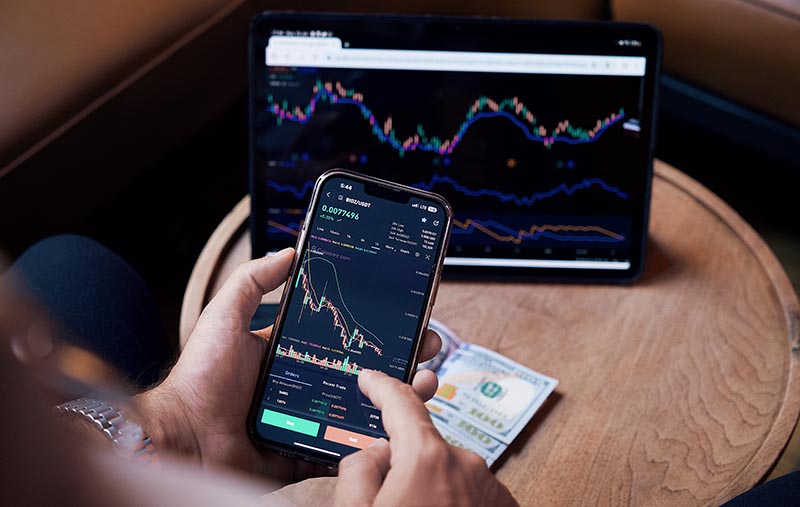Risk Management in Forex Trading

Mastering Forex Trading: A Comprehensive Guide to Effective Risk Management Strategies.
Forex Trading. There is no denying the possibility of making money in the quick-paced world of Forex trading, but there is also a risk involved. Profitable traders are aware that risk management is an attitude as much as a method. In order to help readers navigate the turbulent currency markets, this article explores the important factors of risk management in Forex trading and offers tactics, insights, and helpful advice.
Comprehending Foreign Exchange Trading
Let’s lay the groundwork for risk management by first knowing the basics of Forex trading. Currency trading on the international market is known as foreign exchange, or Forex. Traders speculate on the relative strength of one currency versus another by dealing in currency pairings. Forex is enticing and dangerous at the same time because of its dynamic nature.
The Importance of Risk Control
The Significance of Risk Management in Forex Trading The act of trading currencies is the foundation of every Forex venture. Starting a risk management journey requires a basic understanding of FX trading.
risk management: The erratic nature of the Forex market can result in large losses of money if risk is not effectively managed. The importance of risk management for traders is discussed in this section.
Essential Elements of Risk Management
- Analysis of Markets and Currency Pairs
The first step in risk management is choosing the appropriate currency pairs. For traders to effectively predict currency changes, a thorough analysis of the market is necessary. - The Effects of Leverage
In Forex trading, leverage increases both gains and losses. Leverage is explained in this section along with tips on how to use it wisely to reduce risk. - The Significance of Orders for Stop Losses
A trader’s best friend may be a strategically placed stop loss order. The definition of stop loss and its function as a safety net in the Forex market are explained in this segment. - Reward to Risk Ratio
In Forex trading, striking a balance between risk and profit is a fine art. Examine the idea of risk-reward ratio and how it fits into the framework of a long-term trading plan. - Psychology of Trading
Trading results are significantly influenced by emotions. Discover the psychological components of trading and how risk management may be impacted by emotional intelligence.
Useful Advice for Efficient Risk Reduction
- Strategies for Diversification
Risk can be distributed by diversifying a trading portfolio. Learn how to diversify your portfolio in a way that works for the volatile Forex market. - Ongoing Education and Adjustment
As the Forex market changes, traders need also adapt. The significance of ongoing education and strategy adaptation in light of shifting market conditions is emphasized in this section. - Making Use of Tools for Risk Mitigation
Examine risk-reduction strategies including forward contracts and options. Gaining knowledge of these instruments gives traders further security.
In summary
Risk is a given in the world of Forex trading, but it can be overcome. Proficient traders handle risk with consideration, comprehension, and a carefully thought-out strategy. This thorough guide has given readers a road map for navigating the tricky waters of managing Forex risk. With the right information and strategic insights, traders may improve their capacity to withstand setbacks and come out on top in the volatile world of Forex trading.





